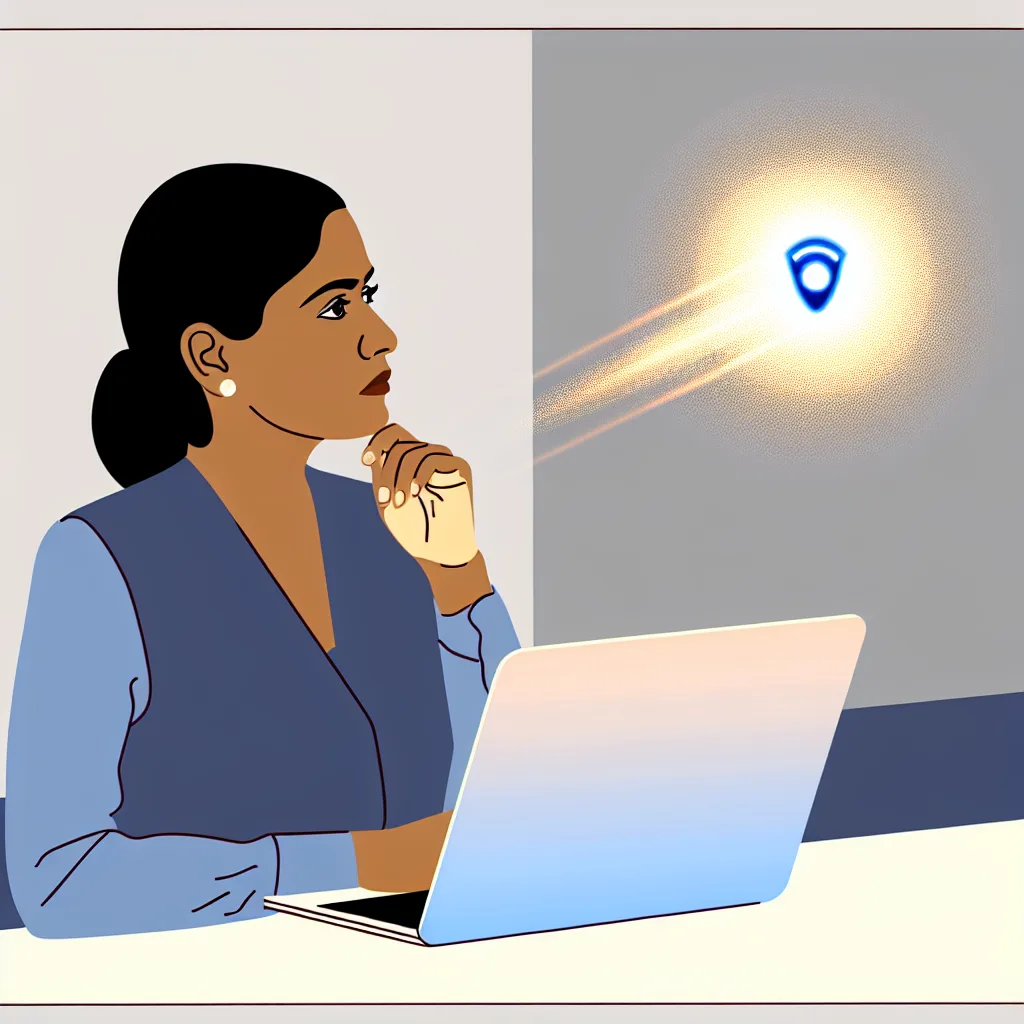A new survey shows 96% of Wall Street interns can’t work without AI. So why is everyone still so scared of it?
I was stuck on a line of code the other day. Just completely blank. I wasn’t on a deadline, but it was that annoying kind of problem-solving that feels like trying to find a specific key in a bucket of keys. So, I did what most of us do now. I opened a new tab, typed my query into ChatGPT, and had a working solution in about 30 seconds.
It felt like magic. And then, for a second, it felt a little scary. This ease, this instant solution—it’s becoming a reflex. And it turns out, I’m not alone. A recent survey of Morgan Stanley interns revealed that a staggering 96% of them feel they can’t do their jobs without AI tools. This isn’t just a fun new tech toy; for the incoming workforce, AI in the workplace is already a fundamental utility, like email or a search engine. But there’s a strange contradiction hiding just beneath the surface.
A New Reliance: The Reality of AI in the Workplace
Let’s be honest, the modern office is a minefield of tedious tasks. We draft emails, summarize long documents, debug code, and try to brainstorm creative angles for the same old problems. AI, especially generative AI like ChatGPT, is unbelievably good at tackling these things. It’s like having a hyper-efficient assistant who never needs a coffee break.
For a new generation of professionals, like the interns on Wall Street, this isn’t just a convenience—it’s their default workflow. Why spend an hour drafting five versions of an email when an AI can give you a solid starting point in ten seconds? This efficiency is a massive advantage. It frees up mental energy to focus on the bigger picture: strategy, client relationships, and complex problem-solving. This isn’t about being lazy; it’s about being smart with our most limited resource: time. The integration of AI in the workplace is a logical next step in our long history of adopting tools to make work better, faster, and easier.
The Elephant in the Room: Trust and the Future of AI in the Workplace
Here’s the paradox. The same survey that highlighted this deep reliance also revealed a deep-seated fear. Many of these same interns, and workers across all industries, are worried that the very tools they depend on will eventually make their jobs obsolete. It’s a classic “can’t live with it, can’t live without it” scenario. We love the productivity boost, but we fear the long-term consequences.
This distrust isn’t irrational. We’ve all seen AI “hallucinate” and confidently present incorrect information. There are also valid concerns about data privacy and the simple fact that we don’t always understand how these models arrive at their conclusions. As a recent article from the Harvard Business Review points out, building trust in AI isn’t about blind faith; it’s about understanding its limitations and implementing it responsibly. Comfort with using a tool for a quick task is not the same as trusting it with your career’s future.
Navigating Our AI-Powered Future
So, where does that leave us? Are we just training our replacements? I don’t think so. The narrative of “human vs. machine” is compelling, but it’s probably wrong. The future is more likely “human with machine.” The key isn’t to resist the technology but to focus on developing the skills that AI can’t replicate.
AI is fantastic at execution, but it lacks genuine creativity, emotional intelligence, and critical thinking. It can write a poem, but it can’t feel the emotion behind it. It can summarize a report, but it can’t lead a team through a difficult change with empathy. A report from the World Economic Forum consistently highlights these “human” skills as being the most in-demand for the future workforce.
The smart way to approach AI in the workplace is to see it as a collaborator, not a competitor. It’s a tool that can handle the grunt work, freeing you up to do what you do best: think, strategize, create, and connect. The interns at Morgan Stanley aren’t a warning sign of a lazy generation; they’re a preview of a new way of working, where the most successful people will be the ones who best leverage their new AI assistants.
The fear is real, but the opportunity is even realer. It’s a strange new world, but it’s ours to shape. So, the next time you ask an AI for help, maybe don’t feel guilty or scared. Feel powerful. You’re learning to wield one of the most significant tools ever created. The real question is, what will you do with it?
